detail profile hars c3 a1nyi g c3 a1bor
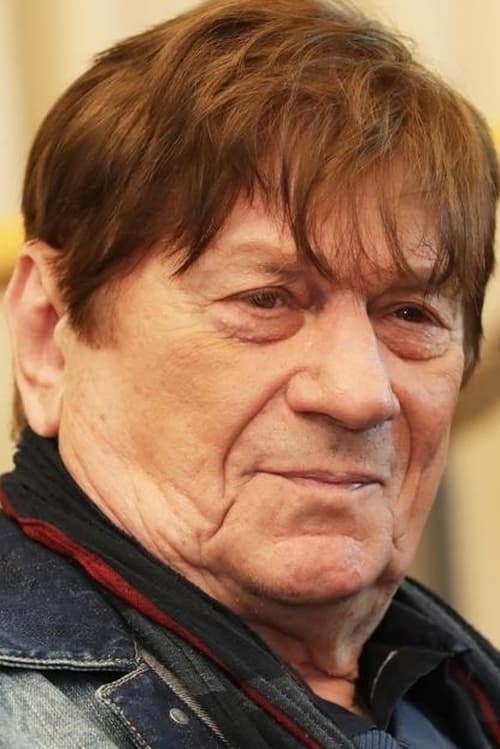
Riwayat Hidup
1964-1968 között a Színház- és Filmművészeti Főiskolára járt.
Karrierje a Thália Színház társulatánál indult (1968–1979), majd a Mafilmhez került 4 évre (1979–1983).
1983–1989 között a Nemzeti Színház tagja volt, 1982-ben a Karinthy Színház egyik megalapítója és társigazgatója; 1995-től a Vidám Színpad tagja volt.
Népszerű szinkronszínész.
Újpesten saját színiiskolát igazgat.
Info Pribadi
Peran Yang Di Mainkan Harsányi Gábor
 Lt Kojak arrives in Budapest as...
Lt Kojak arrives in Budapest as...Kojak in Budapest 1980
Lt. Kojak arrives in Budapest as a guest speaker for the 'International Crime Writers Conference'. Soon after he starts enjoying the pleasures that the city has to offer, he assists his old friends at the police department with a case. The case involves solving the murder of a noted scientist, unaware that a Mafia hit man and his female companion are targeting him.
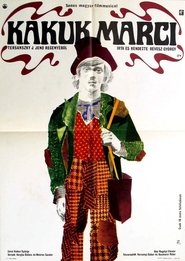 Marci an impertinent crook buries his...
Marci an impertinent crook buries his...Martin Cuckoo 1973
Marci, an impertinent crook buries his drunk parents and chooses to wander instead of becoming an apprentice.
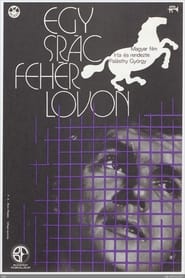 Dont give up your dream this...
Dont give up your dream this...A Lad on White Horse 1973
"Don't give up your dream" - this is how Demjén Ferenc's song goes and Gyuri darts along the endless fields on a white horse. The young crane-operator lives in a small larder-room, where he has to hang his chair on the wall and the tap drips. He has to share his mornings with his two dream "man-hunters", his father and his brother, who feel that he does not belong to them because of his desires and ambitions.
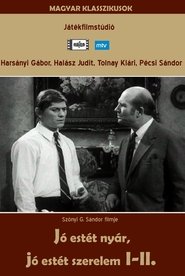 The film adapts a true story...
The film adapts a true story...Good Evening, Love 1972
The film adapts a true story from the beginning of the 70s.
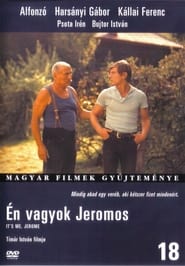 The main characters of this satiric...
The main characters of this satiric...It's Me, Jerome 1970
The main characters of this satiric story poking fun at domestic labour ethic are two cleaners of the mains. Jeromos and his son drop in to doctor Katona's in order to clean the shit pit decorating the end of the garden. During the day work is being done in a very time consuming way, materials are missing, and the boss devotes more attention to his love affairs than to supervision.
 This mocking criticism of public life...
This mocking criticism of public life...Knight of the TV-screen 1970
This mocking criticism of public life and the media focuses on a TV series. The protagonist of the film, depicting the battles fought for Hungarian castles during the Ottoman occupation, is chosen to be the amateur Prohászka Feri, a worker in the beer-factory.
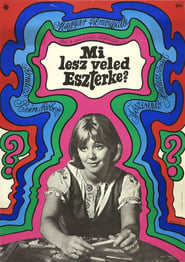 Small town girl Eszter adores her...
Small town girl Eszter adores her...Esther and the Men 1968
Small town girl Eszter adores her husband, Zoltán. He doesn't know Zoltán is having an affair with Alizka, until the woman moves in to their apartment.
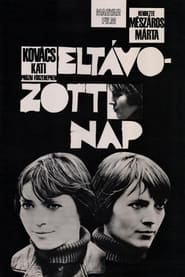 A young woman leaves a state...
A young woman leaves a state...The Girl 1968
A young woman leaves a state orphanage to find her mother in this interesting examination of how the overt repression of women in the older pattern of village life has been replaced by the more subtle exploitation inherent in the apparently freer existence of young girls in the contemporary city.
 Eager to impress the Queen of...
Eager to impress the Queen of...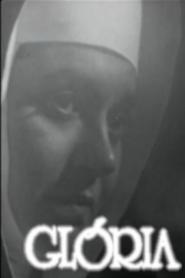

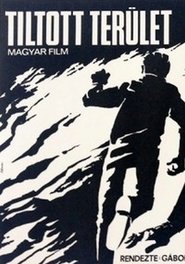 The dramatically dense film takes place...
The dramatically dense film takes place...